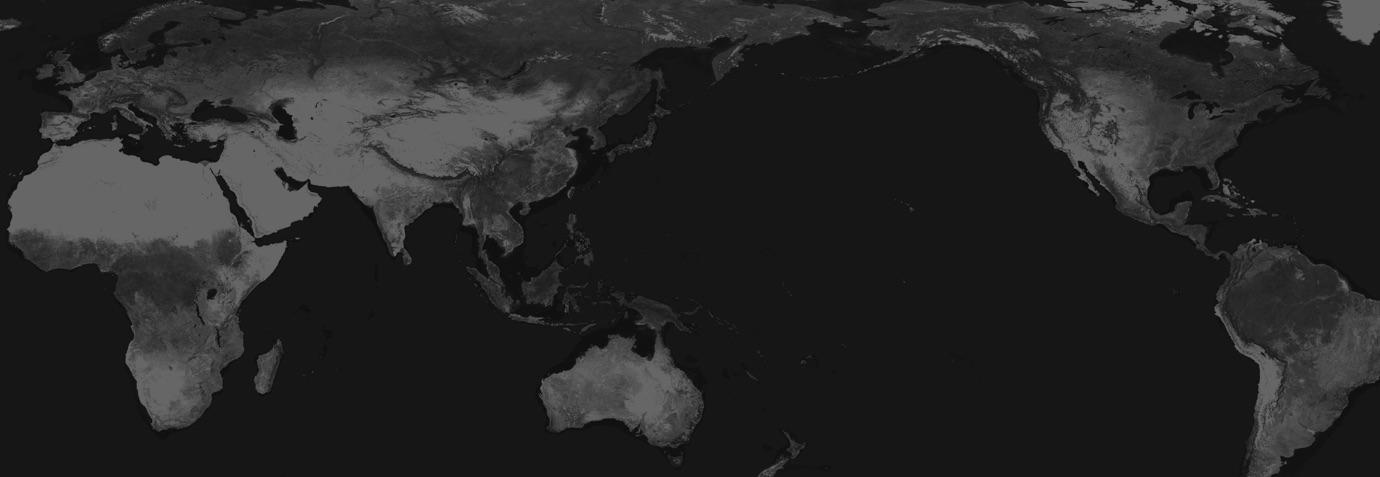Most travellers
There is an increased risk of contracting hepatitis A and typhoid in the Philippines, both of which can be contracted through contaminated food or water.

We advise:
Exercise a high degree of caution in the Philippines overall due to the threat of terrorism and violent crime.
Higher levels apply in some areas.
If you’re planning a trip to the Philippines, you won’t be disappointed. Its natural beauty is unquestionable, from stunning tropical beaches and waterfalls, to volcanoes, caves and picturesque rice terraces. And to accompany all of this, home to one of the world’s smallest species of monkey – the bug-eyed Tarsier.
The capital of the Philippines, Manila, blends the oriental with the occidental, blending historic and modern. From the oldest, most historic walled district of ‘Intramuros’, with its old dungeons and gunpowder rooms to the modern shopping malls and theatres, Manila is filled with life and diversity.
A tropical island paradise still comes with its risks of contracting vaccine-preventable disease or illnesses. Speak with your healthcare professional about the vaccinations or preventative medications you might need to protect yourself prior to your departure.
The Centers for Disease Control and Prevention (CDC) recommends that all travellers should be up to date with their routine vaccinations before heading off to the Philippines. These include vaccines for measles, mumps, rubella, diphtheria, tetanus, whooping cough, chicken pox, polio and influenza. These vaccinations are given as part of the National Immunisation Program (NIP).
Travellers to the Philippines who are aged 5 years or older should also ensure they are fully vaccinated against COVID-19.
Most travellers
There is an increased risk of contracting hepatitis A and typhoid in the Philippines, both of which can be contracted through contaminated food or water.
Some travellers
Depending on the duration of your stay, where you are staying and what activities you have planned, the following vaccinations or preventative medication may be recommended for you by your doctor:
Medicare will only cover your GP consultation cost in most cases, but some private travel clinics may incur an out of pocket expense. Medicare will not cover the vaccinations, and vaccination prices vary a lot. The average cost of a single travel vaccine can very between $45-85.
If you have private healthcare, you may find they will cover some costs, but this varies from one company to another – check with your personal insurer for more details.
It is best to consult with your doctor or travel health clinic at least a month prior to your departure. They will be able to advise you about any vaccinations that you may need for your trip well before you leave, based on your specific travel plans.
What your doctor will need to know:
Your doctor may also conduct a general health check-up. This may be needed for your travel insurance if you have a pre-existing medical condition.
If you are not up-to-date with your routine vaccinations or if the doctor believes you may be at an increased risk of contracting a vaccine-preventable disease, then they may recommend you get a booster or be revaccinated against a particular disease.
The standard of healthcare facilities in the Philippines is generally adequate in major cities, although may be stretched in response to COVID-19. Facilities in other areas may vary. So, it is important you are prepared before heading off on your trip.
See your doctor at least a month before departure to discuss your travel health requirements.
Before travelling:
During travel:

MAT-AU-2200217 Date of preparation March 2022
Show All
By clicking on this link, you will be leaving this Sanofi hosted website, and depending on the link, will be redirected to either another Sanofi website (for example, to view the Sanofi Privacy Policy) or an independent third party website which is typically not a Sanofi controlled website and may not be located in Australia (“Third Party Website”).
Use of and access to any Third Party Site is subject to the terms, limitations and conditions set by the Third Party Site producer and applicable laws.
Sanofi does not generally develop or maintain Third Party Sites, nor does it necessarily control those sites availability or what information is contained on those sites in any given instance and makes no representation in relation to those sites to the maximum extent permitted under any applicable laws, regulations or codes.
Any information that you access via a Third Party Site, may not comply with the Australian regulatory requirements. Further information relevant to the Australian environment is available from Sanofi or via the Product Information.